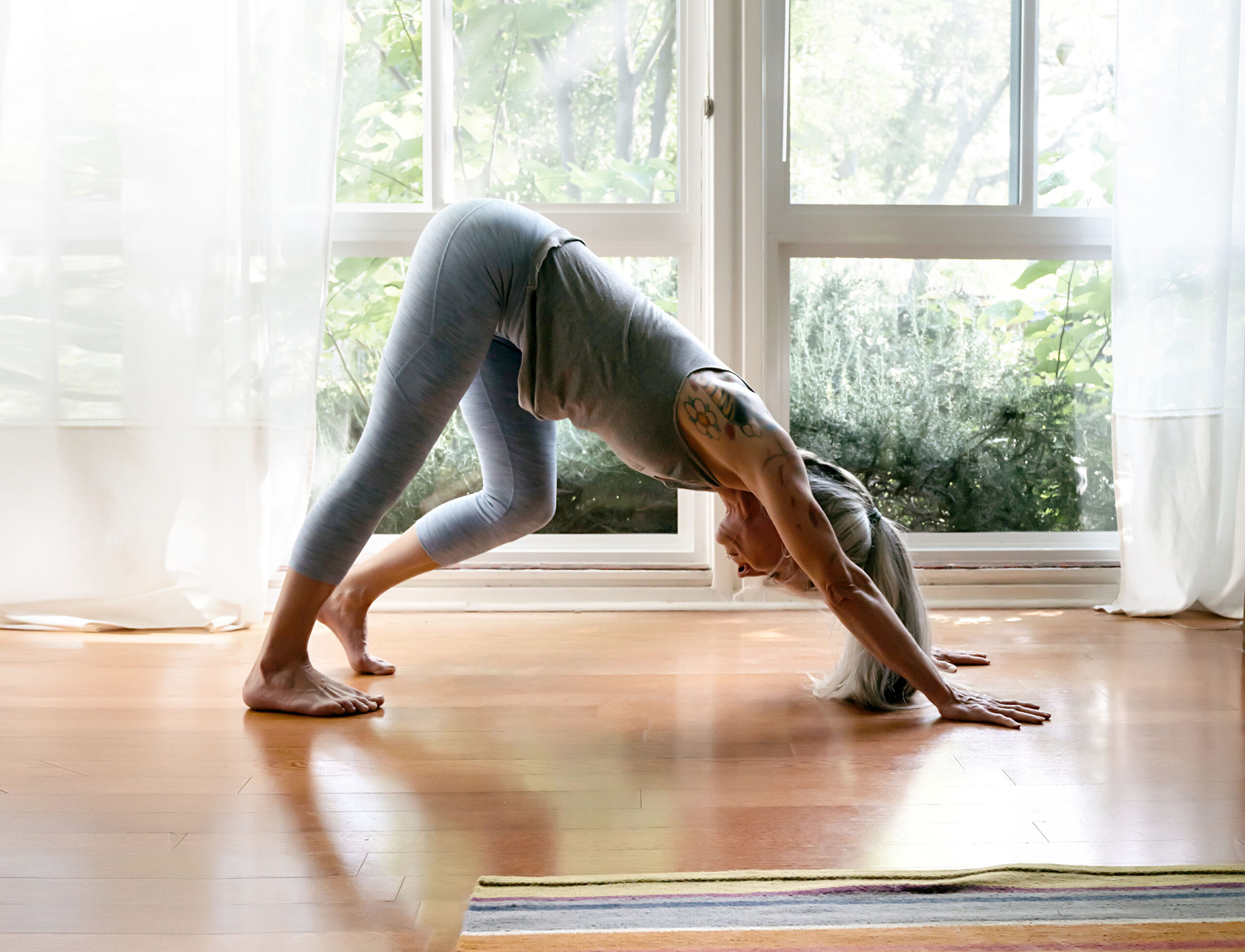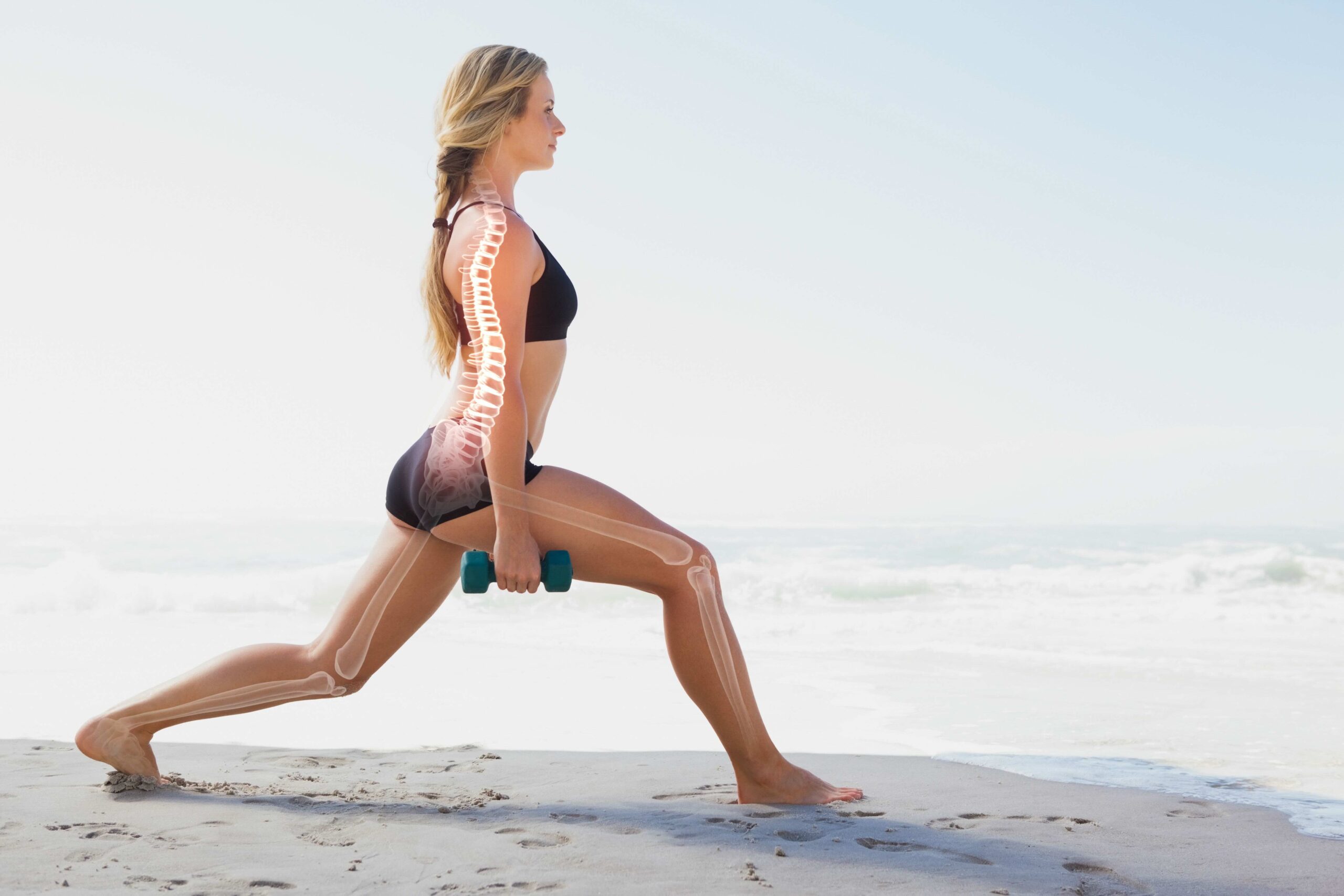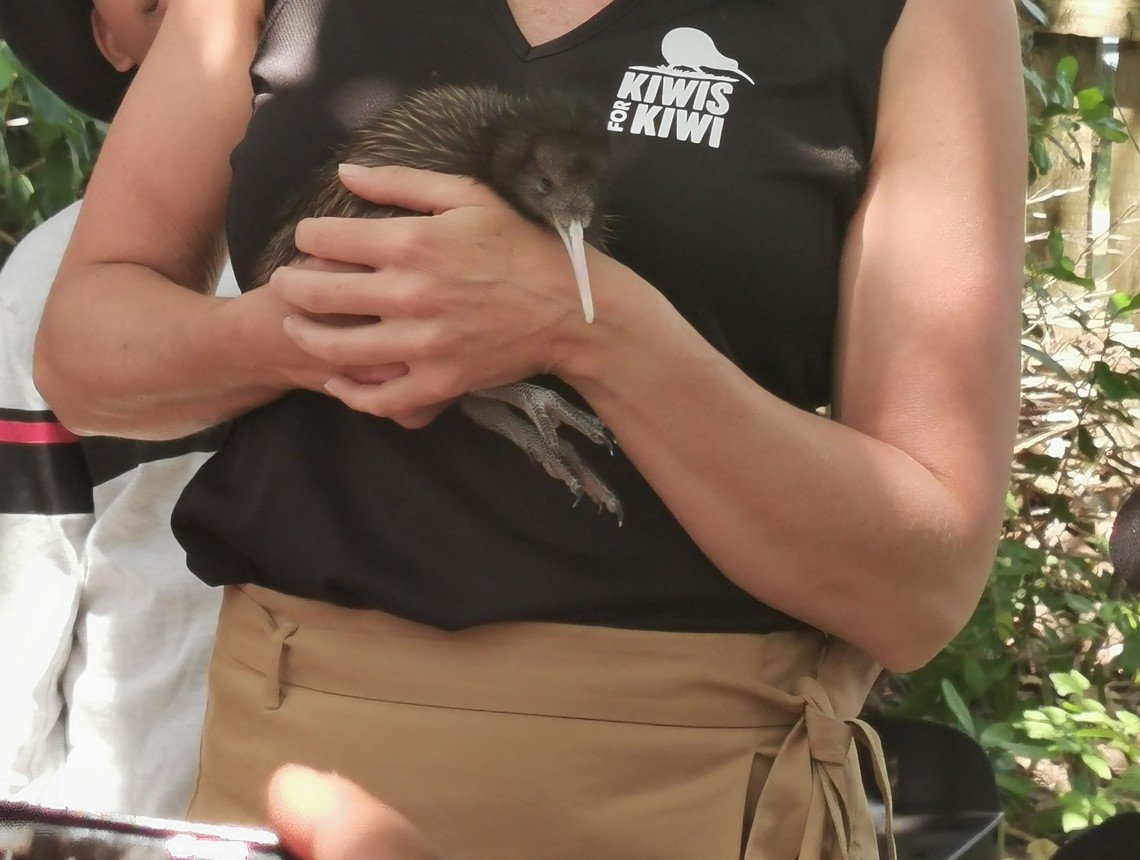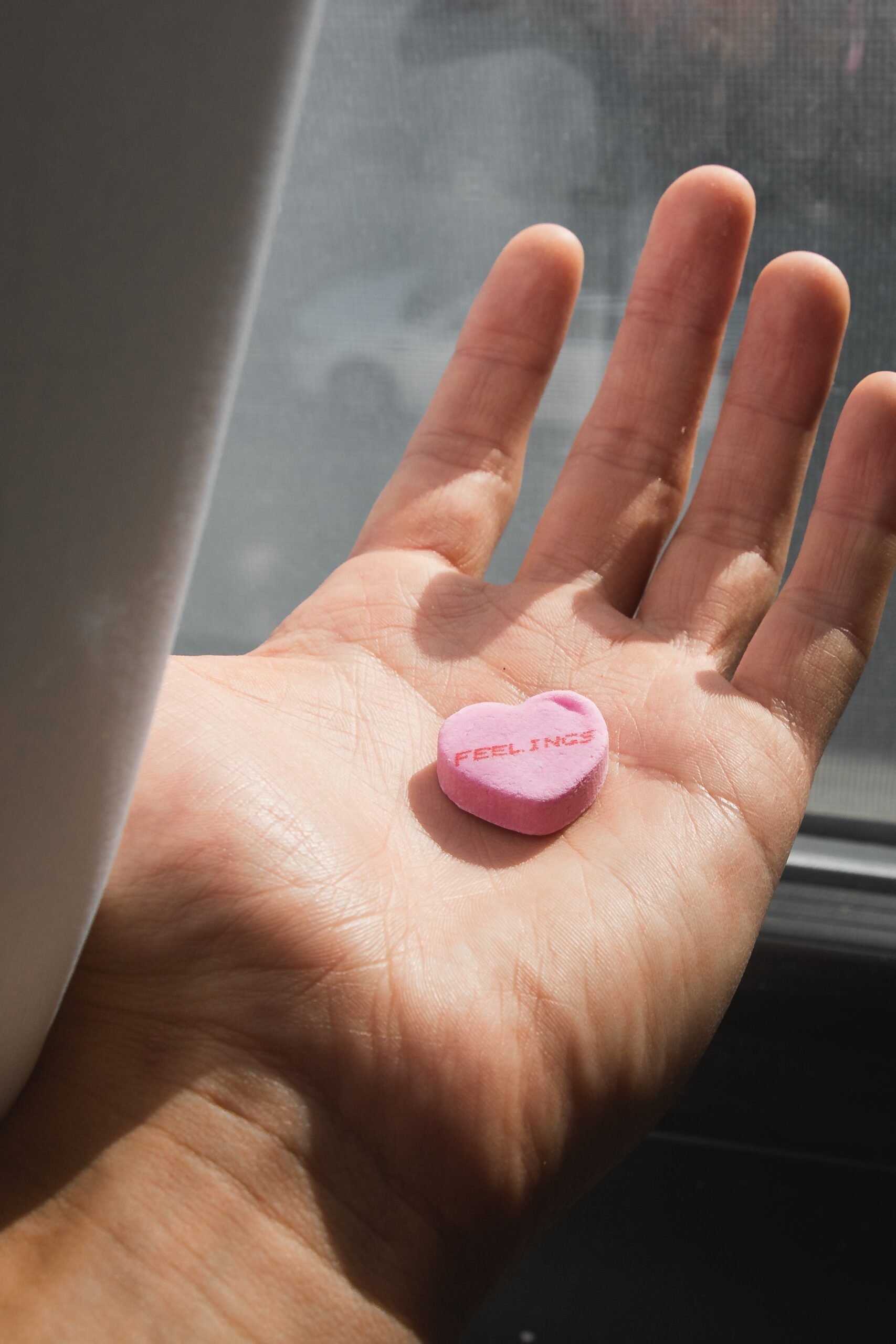From issue 56.
Words Gemma Monachino
With spring comes a renewed desire to be more active again, so there is no better time than now to fine-tune the way we move.
Wellness is more than just the absence of disease – it is an intricate combination of physical, mental, emotional, spiritual and social health factors.
Generally described as how we feel about ourselves, wellness is directly linked to happiness and life. That’s why our mantra at Evolve is ‘health is the real wealth.’
Research shows us that there are many factors enhancing wellness, which are all interrelated, and some factors can make up for the lack of others. Interestingly, studies have found that the quality of our relationships does in fact have the greatest impact on our sense of wellness.
Take a minute to ponder the last time you had an injury, headache, aches and pains or illness. Each day at Evolve we see the impact injuries and the like have on us. It takes a huge amount of energy to heal, and the compensatory movement patterns we develop to protect an injured part are highly taxing on the body. Pain slows us down, wears us down, distracts us and puts us in survival mode.
Not all forms of exercise are suited for everyone. Throughout my career I have witnessed the consequence of poor exercise choice and/or dosage on many occasions, which is the main reason that we specialise in the functional movement systems. Assessing, screening and testing allows us to find the actual source of the problem, deliver accurate and appropriate treatment, and ensures exercise prescription is truly individualised.
Taking care of our physical wellness is crucial to feeling good. At Evolve we believe it is the catalyst to overall wellness because as humans, we are an evolving living machine with an incredible dichotomous ability to adapt. Primal movements, yoga, and Pilates are all fantastic forms of movement that provide exercises in positions that mirror the neurodevelopmental pathway (NDP). The NDP provides the opportunity to tap into the inherent motor pattern operating systems, which ultimately allow us to improve the quality of how we move and feel. For example, we ask our clients to get on the floor and roll over, which is one of the first ‘complex’ movements we learn as babies.
Poor lower-body rolling patterns are linked to difficulties with changing direction such as in sports or day-to-day activities. Rolling requires motor control and therefore is an excellent nervous system reset. Quadruped exercises such as bear crawls also require coordination of both shoulders and hips, which results in our core to reflexively switch on. When we move well, then move often – we feel good, have more energy and sleep better. Our ability to perform our day-to-day activities is significantly increased, our confidence improves and we feel ‘well’. Then there’s no stopping us!
Gemma Monachino is the director of Evolve Health Integrated Health Specialists providing physiotherapy, acupuncture, functional movement systems, yoga and pilates. For more, visit evolvehealth.co.nz





